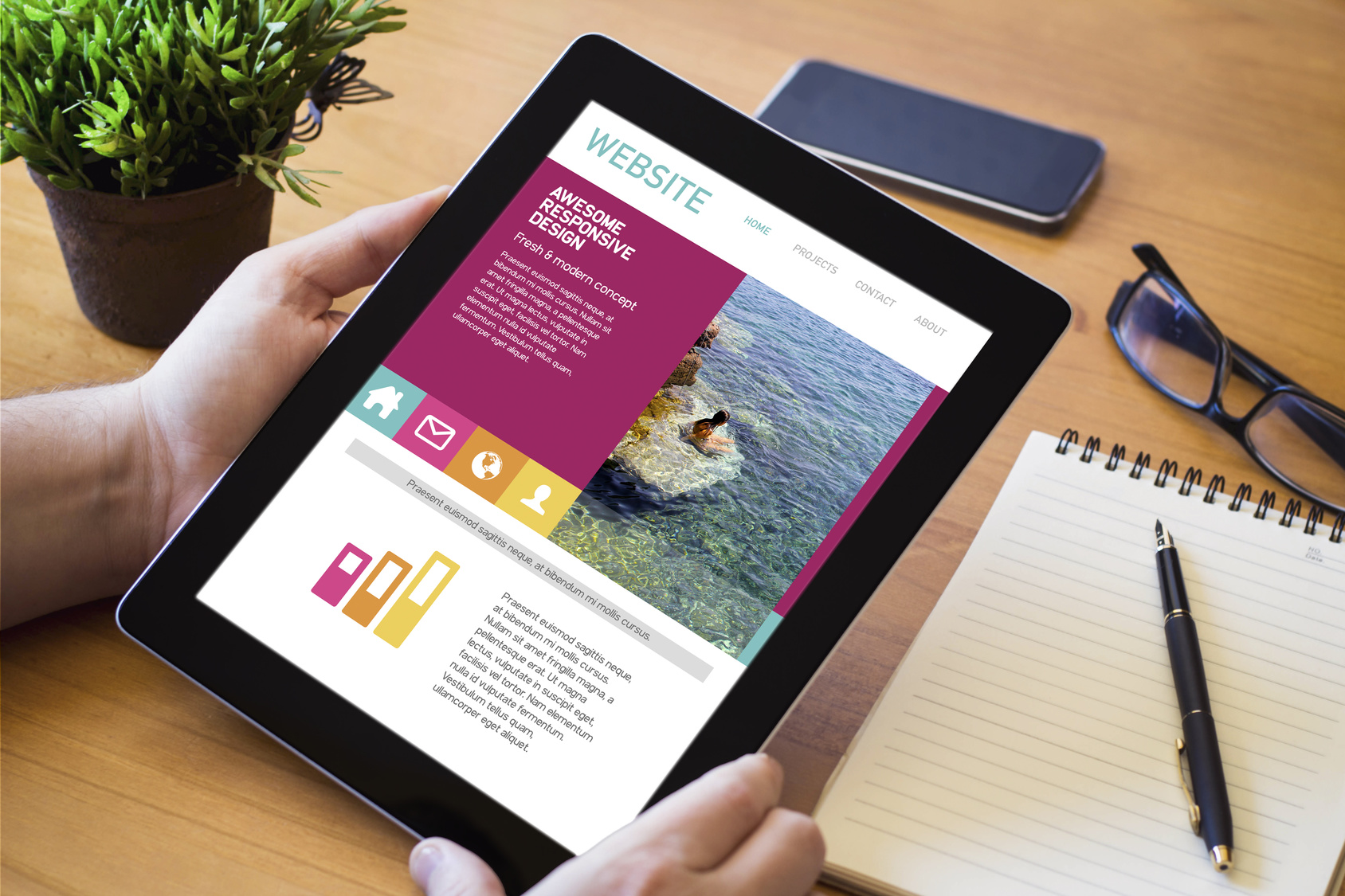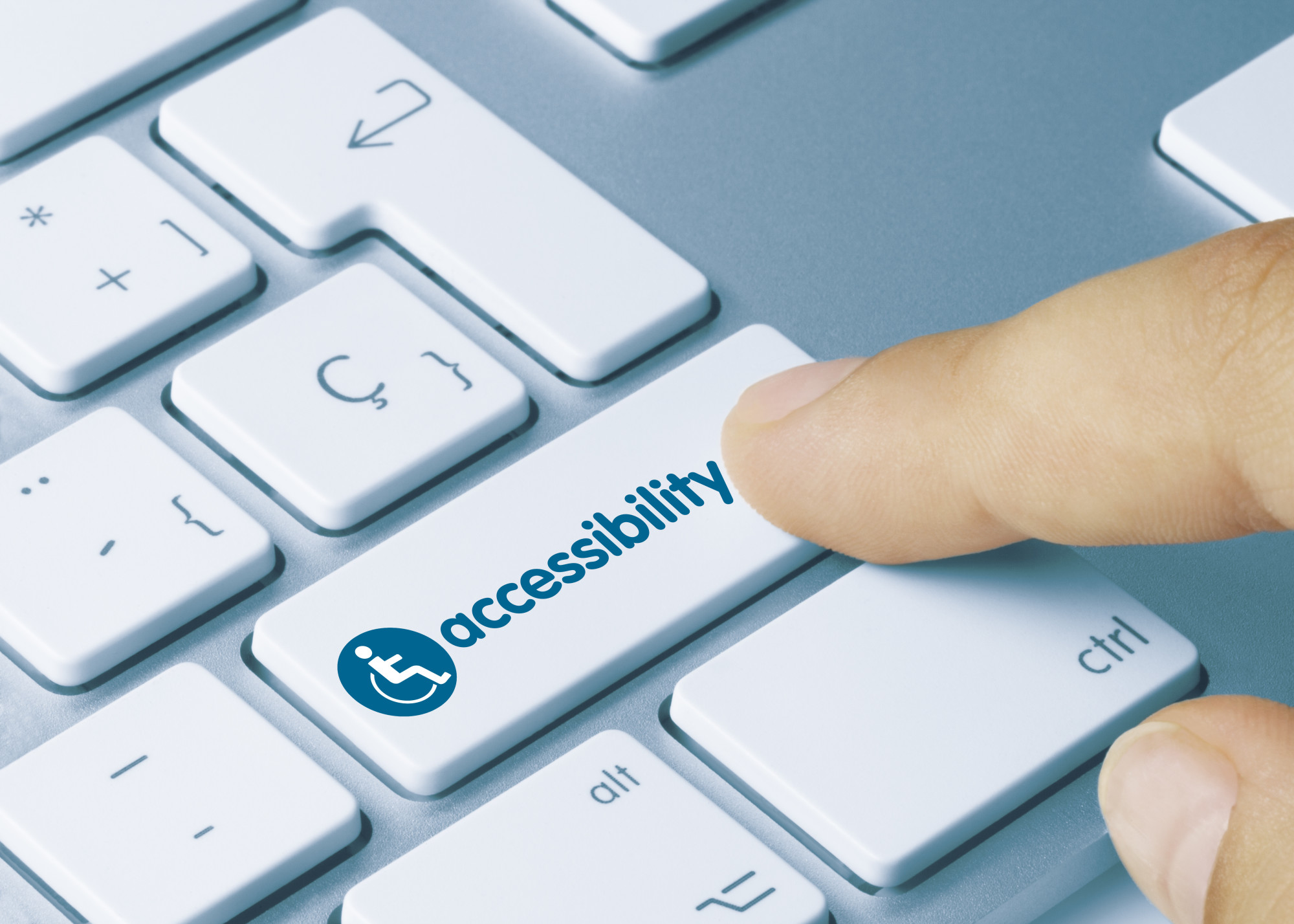Looking for a way to speed up the loading time of your WordPress site?
A high-speed website is an important factor in keeping your site visitors happy. Websites that take forever to load can lower your conversion rates and increase your overall bounce rate.
If you rely on WordPress for your digital platform, you may experience a slow loading site. Luckily, it is possible to increase site uptime with a few tips and tricks.
Read on to learn what to do about a WordPress slow loading site today.
1. Don’t Despair
You may be tempted to get rid of your WordPress account if you have a slow loading site, especially if you’re rapidly losing customers as a result.
But the first thing to do is not to despair. Many platforms can produce slow loading sites, and WordPress is one of many. Remind yourself of all of the benefits that WordPress has to offer.
Besides, if you’ve already uploaded all of that content, it would be a huge loss to transfer or remove what you’ve created. It is possible to save your valuable content and boost loading speeds.
2. Clean Up Your Plug-Ins
Plug-ins are pretty awesome. They can enhance the interactivity of your website, boosting user engagement and even helping with conversions. If you love the WordPress scene, chances are you’ve got a host of plug-ins operating on your site.
But plug-ins can totally hinder loading speeds of websites. The first thing to do to take care of a WordPress slow loading site is to go through your existing plug-ins and clean them up.
Begin by getting rid of duplicates, or plug-ins that do most of what another plug-in does. Cut any plug-ins that are outdated or have newer versions. Make sure that the plug-ins you do have are necessary and up to date.
Check to see how your current plug-ins are performing through a variety of tools and other services, such as Site Uptime.
3. Spread Out Your Content
Web design is a critical component of your digital marketing campaign. What you put on your website should be essential and powerful. Your site is, after all, your chance to give a good impression to the world.
It is possible to make a good impression without slathering your site with content, however. One of the biggest contributing factors to WordPress slow loading sites is too much content all at once across pages.
Make sure your homepage in particular is streamlined, concise, and to the point. Thin out your content as much as possible, and make sure it’s evenly dispersed across your pages.
Go easy on the tabs too. Remember, the less content you have to load, the faster the site will be.
To see a great example of a snazzy homepage, click here!
4. Invest in Authentic Themes
Oh, the beauty of WordPress themes. Now there’s a world you can get lost in!
It can be tempting to pick whatever theme out there is cheap or pretty. But sometimes the cheaper themes can be lower-quality. This is especially the case for free themes.
Lower-quality themes don’t have as many protections and aren’t crafted as well as higher-quality ones. In fact, they may be the reason why your site is loading so slowly.
Upgrade to premium themes that are both authentic and higher-quality. You’ll be surprised what this can do for your WordPress slow loading site.
5. Optimize Your Images
Images can hugely impact how quickly your site takes to load. While images are an important part of your web content–and necessary for good marketing–you’ve got to make sure they’re in the right format.
Optimize your images so that you can address a WordPress slow loading site. This means aiming for bitmap or other compact file forms so that your content can load more quickly.
Look for image optimizing software for programs if your website is particularly image-heavy.
6. Consult Your Web Hosting Platform
At the end of the day, it may just be time to check in with your web host. Some platforms don’t deliver the high speeds that you need, especially if you are on a more basic or cheaper plan.
Contact your web hosting platform support team to see if they can intervene. But also consider changing hosts or upgrading to a better plan.
7. Optimize For Mobile
If you haven’t already, make sure your site is optimized for mobile device users. This means that anyone can access your site with a mobile device and have its content adapt to their screen.
Not only is this good for marketing and SEO–it’s also good for loading speeds. Mobile optimization forces you to write short and relevant content that loads quickly.
It also gives you a chance to streamline navigation and free up any dense or complicated pages.
8. Run Regular Checks
No matter what you do to fix a WordPress slow loading site, make sure you constantly check in to see how your site is performing.
Either do this manually from your desktop or mobile device or invest in monitoring services like Site Uptime to ensure that your site is loading how it should be loading. You’ll get regular reports on site performance and speed.
Professional services can give you the peace of mind that your website is up and running smoothly at all times.
Addressing a WordPress Slow Loading Site
How long it takes your web content to load can greatly impact the site traffic you get. It can even impact your conversion rates and other marketing strategies. Make sure you’re following the right steps to boost loading times so that you can get the traffic you need.
Fix a WordPress slow loading site by optimizing your images and streamlining your content. Go through your plug-ins to make sure you’ve got only what’s up to date and useful. Be careful of the themes you choose and consider contacting your host to change plans or platforms.
At the end of the day, it’s worth it to invest in site monitoring services if you really want to fix a WordPress slow loading site.
At Site Uptime, you can get the support you need to ensure that your website is always loading at high speeds. Obtain reports on site performance and the assistance you need to keep that traffic coming.
Reach out to us today to learn more about what we can do for your website speed, no matter what platform you use!




